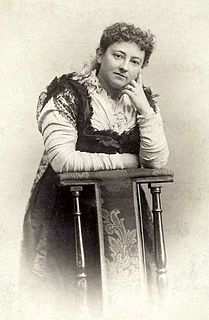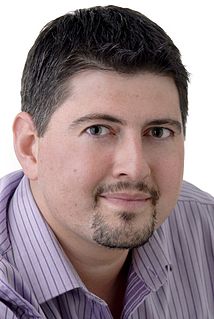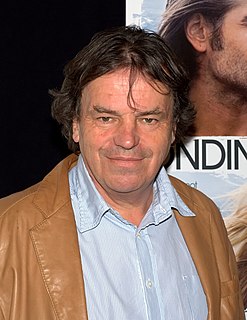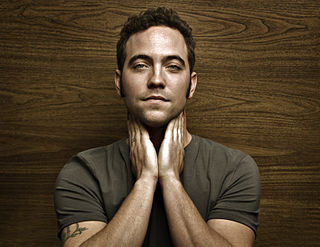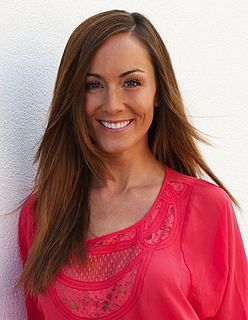A Quote by Kat Timpf
Personally, I chose my own undergraduate institution in large part because the scholarship options made it affordable for me to attend. Make no mistake: The financial feasibility of each school's cost was a major part of making my decision, as it was for almost everyone I knew.
Related Quotes
Making decisions was the painful part for me, the part I agonized over. But once the decision was made, I simply followed through—usually with relief that the choice was made. Sometimes the relief was tainted by despair, like my decision to come to Forks. But it was still better than wrestling with the alternatives.
So when somebody asks me to make a decision about a situation, I don't offer a solution, I ask a question: What are our options? Give me the good, give me the bad, give me the pretty, give me the ugly, give me the impossible, give me the possible, give me the convenient, give me the inconvenient. Give me the options. All I want are options. And once I have all the options before me, then I comfortably and confidently make my decision.
The voice so filled with nostalgia that you could almost see the memories floating through the blue smoke, memories not only of music and joy and youth, but perhaps, of dreams. They listened to the music, each hearing it in his own way, feeling relaxed and a part of the music, a part of each other, and almost a part of the world.
The people at the label were great but at the end of the day our visions didn't match up and I knew I had to do it my way. The potential success that could come with signing with a major label didn't quite outweigh how important it was for me to make my music the way I knew it needed to be made. It was a hard decision to make, but I've never regretted it for a second and it's only become more clear to me after making and releasing Stairwells that it was the right one.
The natural disposition of most people is to clothe a commander of a large army whom they do not know, with almost superhuman abilities. A large part of the National army, for instance, and most of the press of the country, clothed General Lee with just such qualities, but I had known him personally, and knew that he was mortal; and it was just as well that I felt this.
In a large pharmaceutical company, where it's a big bet, you're going to need finance people to be involved in the decision-making because the investment can run into the hundreds of millions of dollars. You're going to have to run scenarios. You might even need agreement from the C.E.O. to make that type of decision. If it's an incremental, low-cost decision in a marketing-oriented company, it may be a very different set of stakeholders a lot further down in the organization.
I chose 'Mr. & Mrs. Smith' specifically 'cause I had just made 'The Bourne Identity' and made a film that glamorized being an action hero, and I wanted to make the exact opposite. I wanted to make a movie that glamorized maintaining a marriage, and that made the action hero part seem easy and made the marriage part seem hard.






